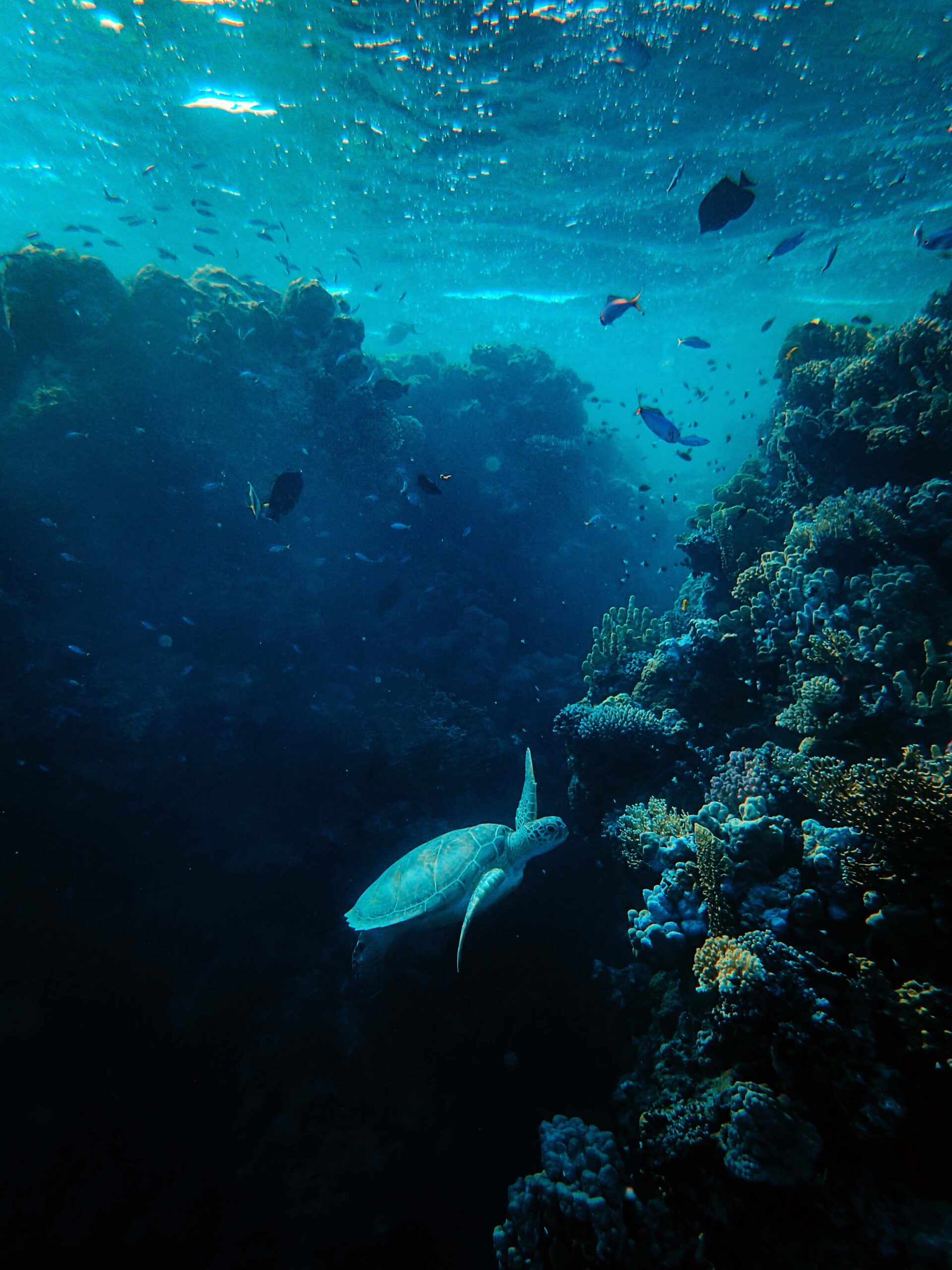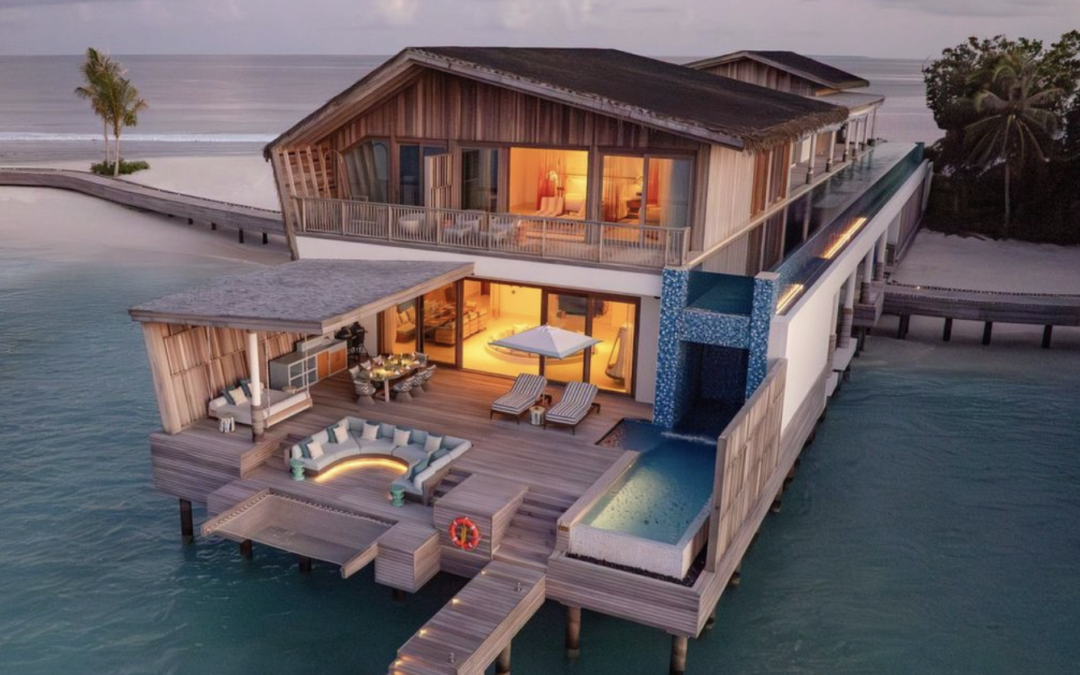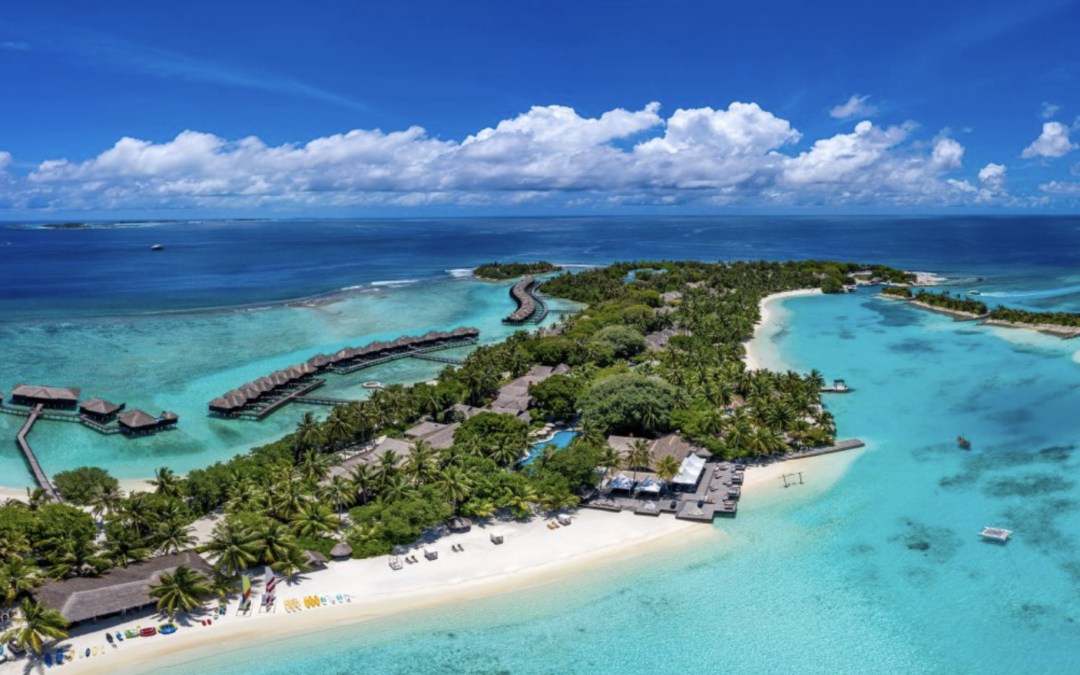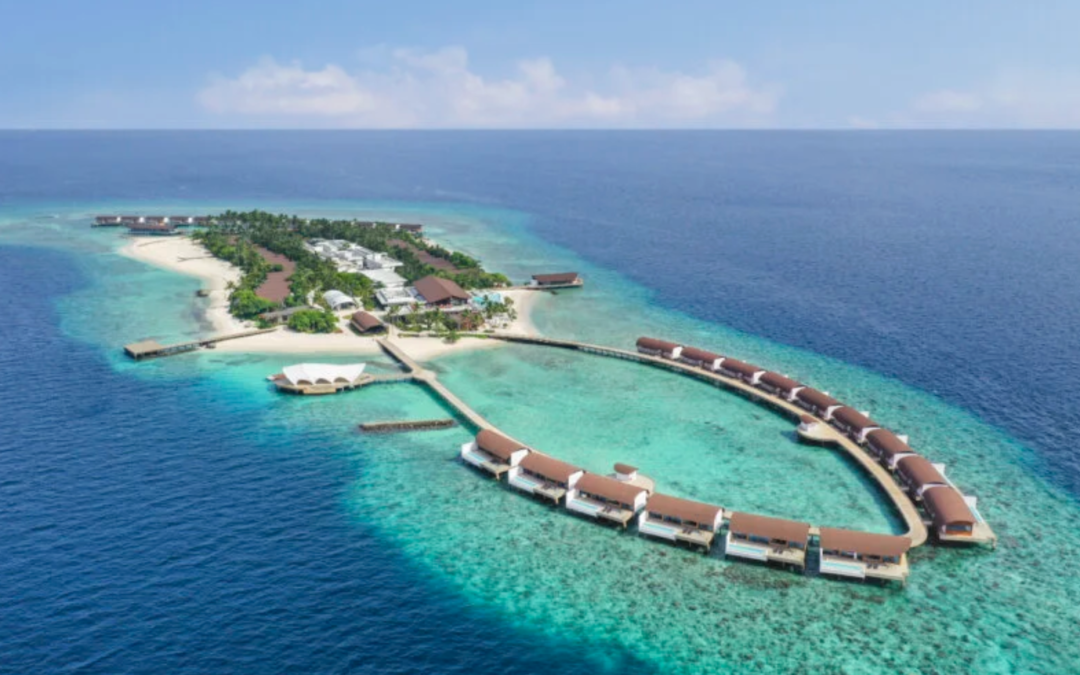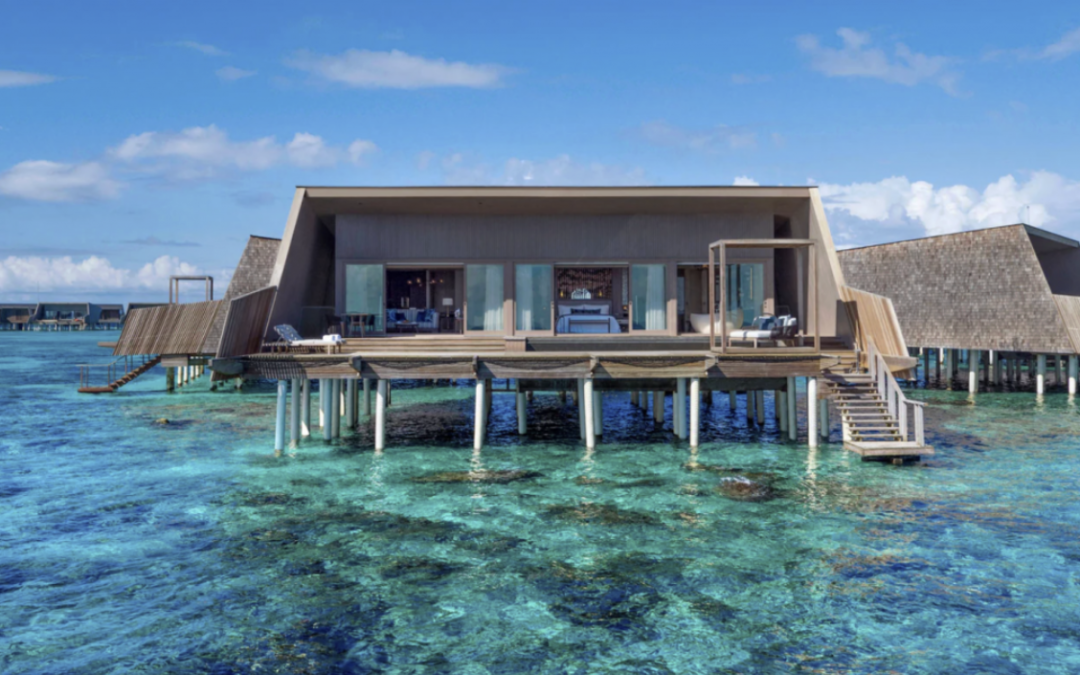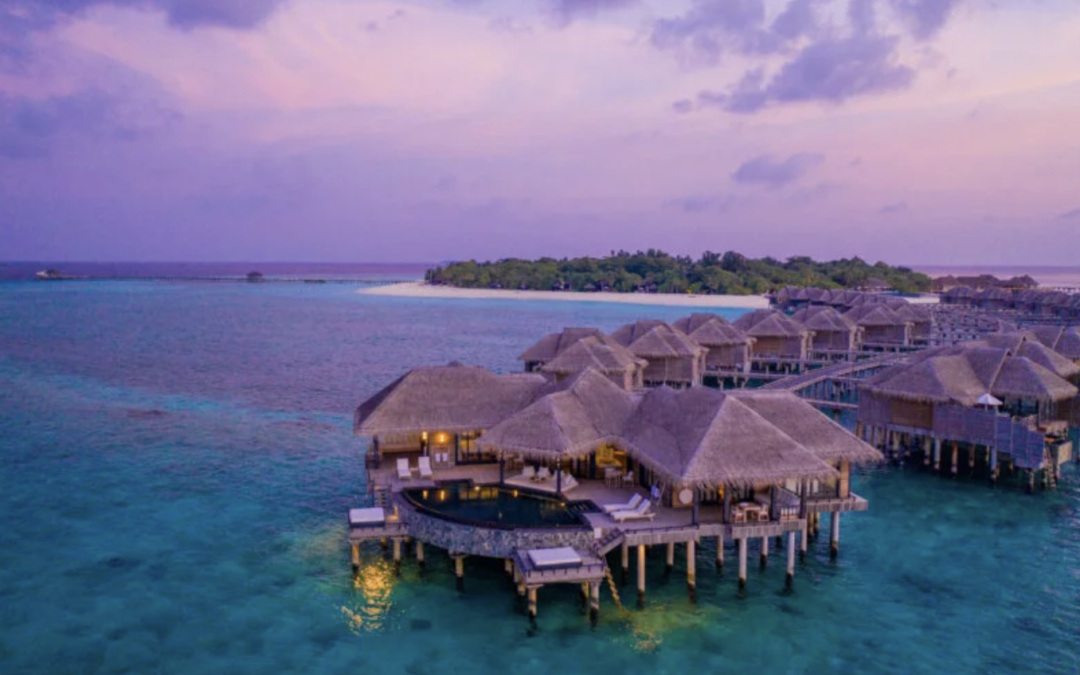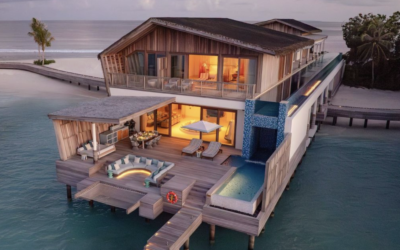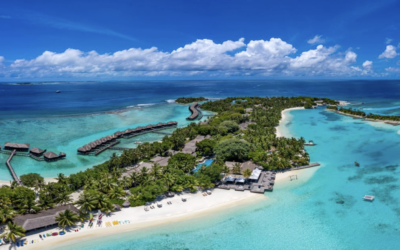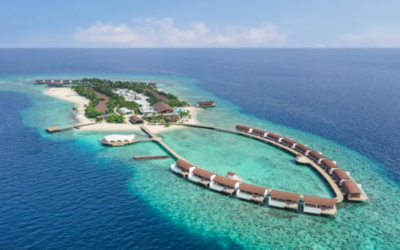The Indian Ocean, with its vast turquoise waters and tropical islands, is a treasure trove of marine and coastal wildlife. A sea safari in this region combines the thrill of exploration with the opportunity to encounter some of the most fascinating creatures on Earth. From swimming with whale sharks in the Maldives to spotting rare lemurs in Madagascar, the Indian Ocean offers unparalleled wildlife adventures that blend luxury and nature.
Why Choose a Sea Safari in the Indian Ocean?
The Indian Ocean is a unique marine ecosystem that supports a staggering array of biodiversity. With coral reefs, mangroves, and seagrass meadows, it’s home to thousands of species, including endangered turtles, vibrant coral reefs, and majestic whales. Beyond its marine life, the Indian Ocean’s islands and coastlines are rich in terrestrial wildlife, making it an ideal destination for those who want to explore both land and sea.
A sea safari is not just about wildlife; it’s also about the journey. Imagine cruising through crystal-clear waters, anchoring near untouched islands, and enjoying world-class accommodations aboard luxury yachts or in eco-lodges. For adventurous travellers, a sea safari in the Indian Ocean combines natural beauty, cultural discovery, and luxurious comfort.
Top Destinations for Indian Ocean Sea Safaris
The Maldives: A Diver’s Dream
The Maldives, a nation of over 1,000 coral islands, is synonymous with underwater exploration. Its clear waters, vibrant coral reefs, and abundance of marine life make it a prime destination for sea safaris.
Wildlife Highlights:
Swim with whale sharks, the gentle giants of the ocean, particularly in the South Ari Atoll (https://www.visitmaldives.com/en/atolls/south-ari-atoll).
Snorkel with manta rays at Hanifaru Bay, a UNESCO Biosphere Reserve (https://www.baaattollbiosphere.com/hanifaru-bay).
Where to Stay:
Soneva Fushi (https://www.soneva.com/resorts/soneva-fushi/): Offers guided marine safaris and luxurious overwater villas.
Baros Maldives (https://www.baros.com/): Known for its house reef, perfect for snorkelling adventures.
Seychelles: The Galápagos of the Indian Ocean
The Seychelles archipelago is a biodiversity hotspot, offering a mix of marine and terrestrial wildlife. From giant Aldabra tortoises to colourful reef fish, the Seychelles is a haven for nature lovers.
Wildlife Highlights:
Visit Aldabra Atoll, a UNESCO World Heritage Site (https://whc.unesco.org/en/list/185/), home to the world’s largest population of giant tortoises.
Spot hawksbill turtles nesting on the beaches of North Island.
Where to Stay:
North Island (https://www.north-island.com/): A private island resort focusing on conservation and luxury.
Four Seasons Resort Seychelles (https://www.fourseasons.com/seychelles/): Offers snorkelling and diving excursions to nearby reefs.
Madagascar: Unique Wildlife and Pristine Waters
Madagascar’s waters and coastlines are as diverse as its famed terrestrial wildlife. This island nation is a paradise for those seeking off-the-beaten-path adventures.
Wildlife Highlights:
Dive in Nosy Be, where you can encounter whale sharks, humpback whales, and vibrant coral reefs (https://www.madagascar-tourisme.com/).
Explore mangroves and spot rare species like the Madagascar fish eagle.
Where to Stay:
Time + Tide Miavana (https://www.timeandtideafrica.com/miavana): A luxury eco-lodge offering tailored sea and land safaris.
Constance Tsarabanjina (https://www.constancehotels.com/en/hotels-resorts/madagascar/tsarabanjina/): Perfect for snorkelling and diving enthusiasts.
Mozambique: A Hidden Gem
Mozambique’s Quirimbas Archipelago and Bazaruto Archipelago are gaining recognition for their pristine waters and incredible marine life.
Wildlife Highlights:
Spot dugongs, an endangered marine mammal, in the Bazaruto Archipelago National Park (https://www.bazaruto.org/).
Dive in the Quirimbas Archipelago to see vibrant coral reefs and rare fish species.
Where to Stay:
Azura Benguerra Island (https://www.azura-retreats.com/azura-benguerra): A luxury eco-resort offering marine safaris and dhow cruises.
Ibo Island Lodge (https://www.iboisland.com/): Combines cultural experiences with snorkelling and diving excursions.
Marine Adventures on a Sea Safari
A sea safari in the Indian Ocean offers more than just wildlife viewing; it’s an opportunity to immerse yourself in the region’s unique marine environments. Here are some activities to consider:
Snorkelling and Diving: Explore coral reefs teeming with life, from clownfish and parrotfish to sharks and rays. Destinations like the Maldives and Seychelles are particularly renowned for their underwater biodiversity.
Whale Watching: Seasonal migrations of humpback whales and whale sharks offer unforgettable encounters. Madagascar and Mozambique are prime locations for these experiences.
Kayaking and Paddleboarding: Glide through mangroves or over coral reefs for a closer look at marine ecosystems.
Cultural Excursions: Many sea safaris include visits to local fishing villages, offering insight into traditional ways of life.
The Role of Conservation in Sea Safaris
Many sea safari operators in the Indian Ocean are committed to sustainability and conservation. By participating in a sea safari, you’re often contributing to efforts to protect fragile marine ecosystems. For example:
Seychelles Islands Foundation (https://www.sif.sc/): Works to preserve the biodiversity of Aldabra Atoll and other protected areas.
Marine Megafauna Foundation (https://marinemegafauna.org/): Conducts research and conservation initiatives in Mozambique and other Indian Ocean regions.
Coral Reef Rehabilitation: Resorts like Baros Maldives engage in coral planting programmes to restore damaged reefs.
By choosing operators that prioritise conservation, you can enjoy a memorable experience while supporting the long-term health of the Indian Ocean’s ecosystems.
Preparing for Your Sea Safari
Gear: Pack lightweight, quick-dry clothing, reef-safe sunscreen, and a good underwater camera to capture your adventures.
Health: If you’re planning to dive, ensure you have a recent medical check-up and dive certification. Many locations also offer beginner-friendly programmes.
Timing: The best time for a sea safari depends on the destination. For example, whale shark sightings in the Maldives are best from November to April, while humpback whales can be seen in Madagascar between July and September.
Conservation Etiquette: Always follow guidelines to minimise your impact on marine life. Avoid touching coral, maintain a safe distance from animals, and use eco-friendly products.
A Journey of Discovery
A sea safari in the Indian Ocean offers a unique blend of luxury, adventure, and conservation. Whether you’re swimming with manta rays in the Maldives, exploring the vibrant reefs of Mozambique, or marvelling at the giant tortoises of Seychelles, every moment promises awe and wonder.
Start planning your sea safari today and discover the magic of the Indian Ocean’s wildlife.

